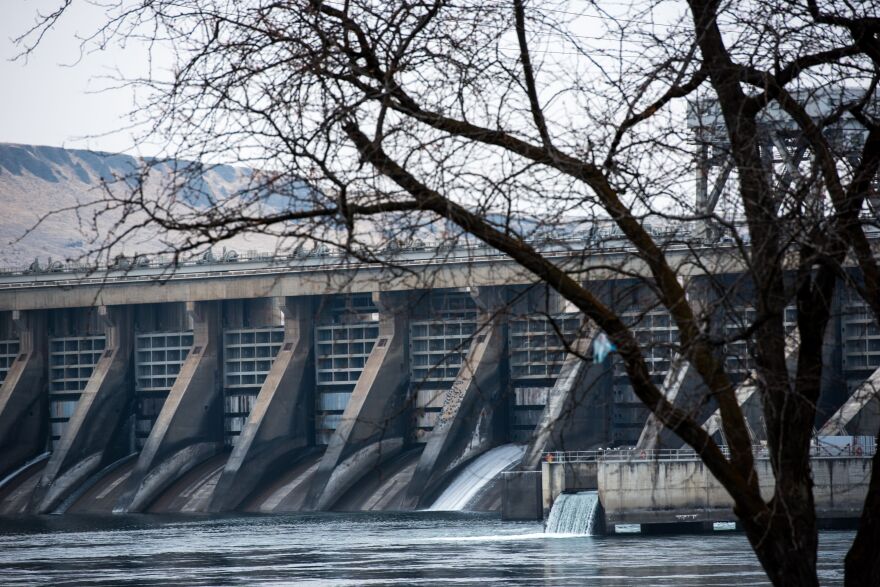
Bonneville Power Administration could be losing money because of contract handling, federal audit says
Listen
(Runtime 0:52)
Read
According to a new federal audit, the Bonneville Power Administration could be losing money because of the way it handles contracts.
BPA’s Fish and Wildlife program aims to lessen the impact of Columbia River Basin dams on wildlife. However, the Department of Energy’s Office of Inspector General found problems with the projects’ contracts.
The audit report made eight recommendations for BPA’s Fish and Wildlife program to improve contracts.
From a sample of 65 contracts, auditors reviewed 102 invoices from six contracts.
“Due to the number of issues identified, we concluded that reviewing invoices for six contracts was sufficient to draw conclusions regarding BPA’s internal controls over invoice payment review processes,” the audit report stated.
The report found BPA doesn’t always review invoices from contractors. Without proper documentation, BPA has a higher risk of making unnecessary payments or falling victim to fraud, waste or abuse.
“Specifically, the invoices we reviewed did not always include adequate supporting documentation necessary for us to independently determine whether costs were allowable, allocable, and reasonable,” the report said.
Instead, auditors found invoices included trial balances and general ledgers.
While it isn’t feasible to review every invoice for every contract, auditors recommended more spot checks and periodic reviews of invoices “based on risk.”
According to the report, “Establishing and maintaining effective internal controls over invoice review processes serves as the first line of defense in safeguarding ratepayers’ funds and preventing and detecting errors and fraud.”
In addition, auditors found BPA waits too long to close contracts. That could leave unused funds tied up for long after projects are completed.
According to BPA policies, contracts are supposed to be closed out within a specific time frame so that funds can be used for other projects. However, 16 of the 60 contracts reviewed were not closed out as of May 1, 2023. That left over $12.9 million in remaining funds.
However, BPA leaders said 37% of those funds are attached to the Columbia Basin Fish Accords. Those project funds can rollover.
BPA leaders stated that it takes longer to close out contracts because of problems including staffing shortages and final invoice submission delays.
For its part, BPA leaders agreed with the recommendations in the audit. In a letter to the Inspector General on the draft audit report, John Hairston, BPA administrator and CEO, wrote that BPA has plans to apply the audit’s recommendations, mostly by July 31, 2025.
“Improving the timeliness and efficiency of our award closeouts is a priority for BPA, and we agree with your recommendations to improve the effectiveness of our award administration, monitoring and closeouts,” Hairston wrote.
“BPA concurs with the audit findings. Measures to improve the areas identified in the report are already in flight and are expected to be complete by July 2025,” Doug Johnson, a BPA spokesperson, said in a statement. “BPA is committed to enhancing the effectiveness of its Fish & Wildlife program via improvements to administration, monitoring and closeouts of award funding, and through greater accountability from its program partners.”
Editor’s Note: This story has been updated with a comment from a spokesperson from the Bonneville Power Administration.















